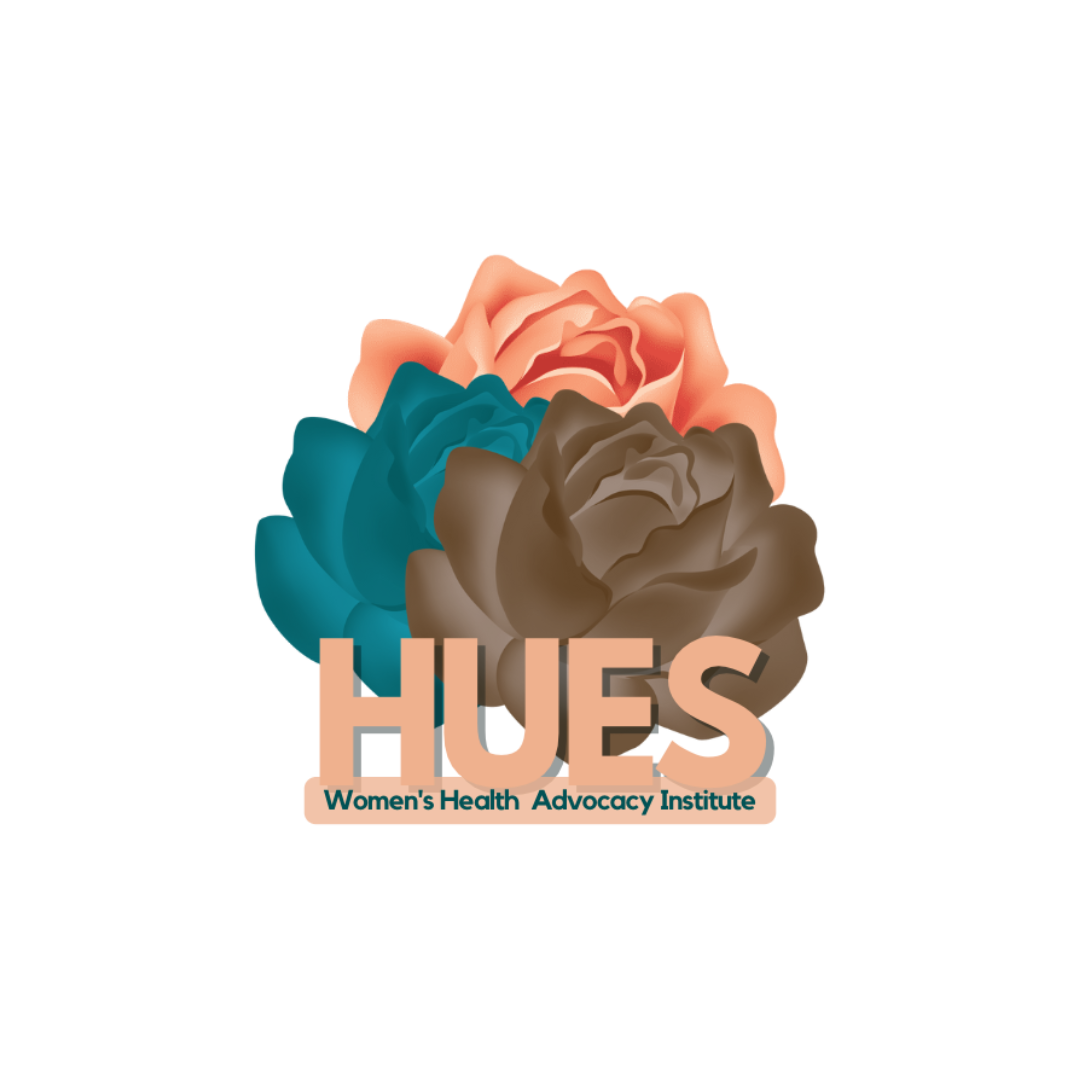The Bloom Well Personal Care Pantry
Essentials to Help You Bloom.
Cultivating Confidence, One Kit at a Time.
We believe that dignity starts with a clean slate. We provide essential hygiene supplies, helping individuals and families feel confident, healthy, and ready to face the day.
Understanding Hygiene Poverty
Hygiene poverty is the inability to afford necessities like soap, shampoo, toothpaste, detergent, diapers, deodorant, and menstrual products. It affects health, school and work attendance, and everyday dignity.
When families can’t afford hygiene items, they often stretch products longer than recommended, substitute unsafe alternatives, or go without.
For parents of infants and toddlers, diaper need is widespread and typically co‑occurs with other basic needs challenges.
Why This Matters
Adolescents frequently report wearing products longer than recommended due to cost or availability.
Poor access to hygiene items increases the risk of skin, oral, urine, and genital infections.
Lack of reliable supplies decreases confidence, participation, and a sense of belonging at school, work, and in community spaces.
Menstrual Poverty
Menstrual poverty is insufficient access to affordable products, accurate information, and safe facilities. It leads to rationing, missed school and work, and health risks.
Stigma and anxiety about leaks reduce participation and focus in classrooms and activities.
1 in 5 women struggle to afford menstrual products. Your support helps close this gap and provide dignity to those in need.
By the Numbers: Hygiene Poverty in the U.S.
46% of respondents in a statewide survey experienced hygiene poverty, often choosing food over hygiene products and reporting impacts on mental and physical health, and professional life.[1]
41% of families screened in urban pediatric clinics reported diaper insecurity, with higher prevalence among Black and Hispanic families and those facing language barriers.[2]
SNAP can’t be used to buy essentials like soap, shampoo, detergent, toothpaste, or menstrual products, leaving families to pay out of pocket or go without.[3]
Among U.S. teens who menstruate, 23% struggled to afford period products, and 40% wore products longer than recommended, illustrating how menstrual poverty sits within broader hygiene gaps.[4]
Download the Infographic!
Many households report choosing between groceries and hygiene essentials, which increases stress and undermines well‑being.
Policy and Access Gaps
Product affordability and access: Families routinely trade off groceries for hygiene needs, signaling unmet basics that affect health and confidence.[6]
Diaper need as a public health issue: High prevalence co-occurs with food and housing insecurity, transportation barriers, and financial stress.[7]
Benefits coverage gap: Public benefits currently exclude most hygiene products, perpetuating the need for community-based support.[8]
Education and facilities: Period poverty disrupts participation. Reliable products and private, stocked restrooms reduce missed class and anxiety.[9][10]



